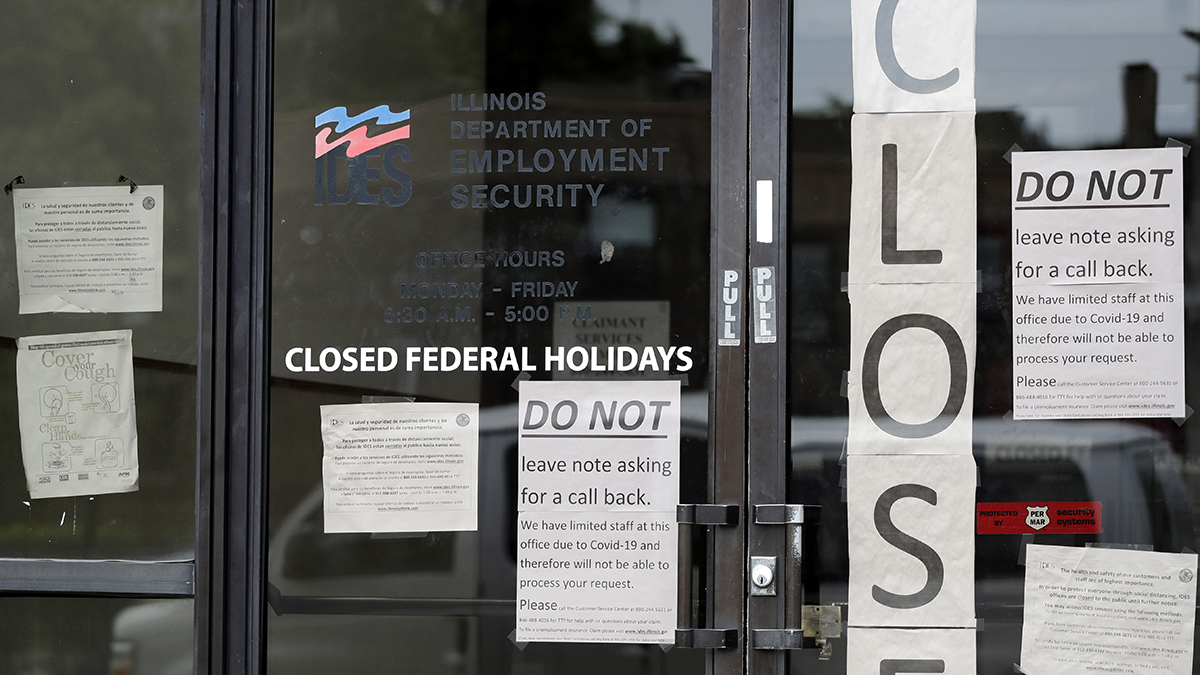Federal unemployment benefits are set to expire next month, but the coronavirus pandemic is far from over and millions of Americans remain out of work.
Robert Todd, of Plymouth, Massachusetts, drives a limousine for a living, but his vehicle has been parked for the last two months.
"We have enough for a rainy day, but this has turned into a rainy month," Todd said. "Weddings are coming up and those are all canceled. I'm 62 years old, I've never seen anything like this."
Todd said he has had problems obtaining consistent unemployment checks from the state and has relied on federal jobless benefits to get him through the tough weeks.
"That's helped immensely," Todd said. "Without that, we would probably be scraping. We would probably have to take some withdrawals out of our savings."
Todd and millions of other unemployed Americans may soon have to do without that extra $600 weekly benefit from the federal government, as it's set to expire at the end of July. Lawmakers on Capitol Hill are at odds over the issue, with some saying the assistance is holding back a recovery.
"It's very likely that unemployment benefits could be extended, but I think it's best that Americans prepare for the unfortunate reality that they are not," said Sarah Foster, an analyst for Bank Rate.
Foster said if you rely on this money, you should start to take a look at your bills and determine what you can cut out.
"I would start with those discretionary items, maybe streaming services, things that you can really live without temporarily and put those to the side for now," Foster suggested.
More on the Financial Impact of the Coronavirus
She advises you should also ask for relief.
"I would recommend just reaching out to all the companies you work with, whether it's a utility company or a landlord," Foster said. "It's always worth it to see if they can offer any kind of forbearance program. You obviously can't stop making those payments without keeping them in the loop, so reach out and see what is available to you because everything is worth a shot right now."
When it comes to credit cards, she says consider signing up for a balance transfer card to consolidate your debt. Keep in mind though, you may have to pay a fee for transferring that balance.
And even though it's not always advisable to touch your retirement account, Foster says now maybe a good time. The CARES Act has allowed for people to withdraw up to $100,000 or 100% of their vested balance, but it must be paid back in three years.
"Borrowing from your retirement account may delay your retirement goals a little bit, but the coronavirus pandemic — this is something that no one saw this coming. This is an extreme emergency situation," Foster said.
Another financial tip is to make sure you're withholding taxes on your unemployment benefits. This will prevent you from having an unpleasant surprise next year when you file your tax return.



